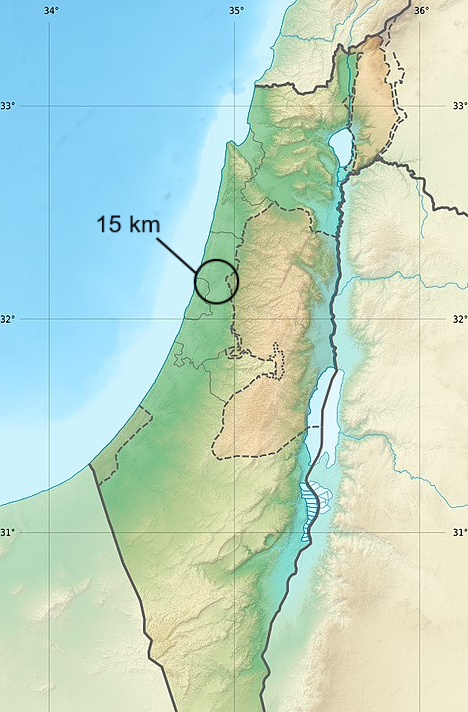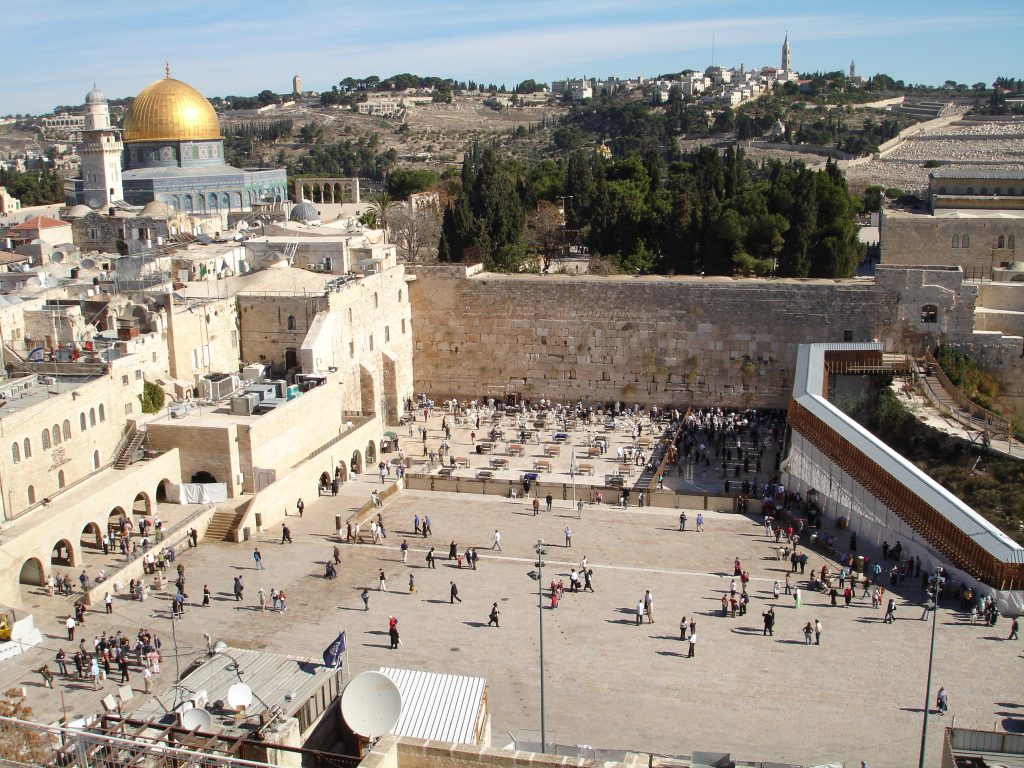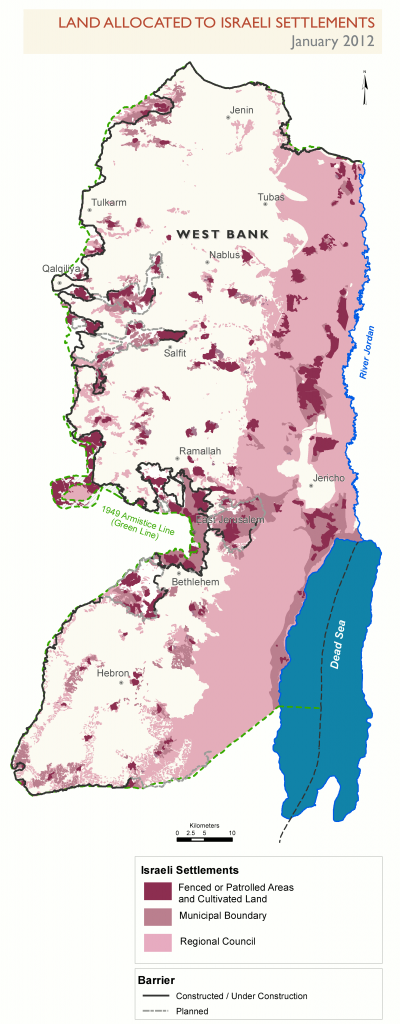Ending the Arab-Israeli conflict: An exercise in futility?
With Israel seemingly embroiled in constant conflict with its neighbors, one might come to conclude that a permanent peace is implausible in that corner of the Middle East anytime soon. But could an elusive peace be just over the horizon?
The Camp David Accords, that resulted in a treaty of peace between Israel and Egypt in 1979, has changed the nature of the Arab-Israeli conflict. Conventional warfare between Israel and its neighbours is now more unlikely than ever. Egypt and Jordan have signed peace treaties with Israel, while Syria remains in the throes of civil war since 2011 and Lebanon’s armed forces remain too weak to pose a credible threat to Israel in the near future.
Israel instead faces unrest from the Palestinians in the West Bank which it seized from the Jordanians during the Six-day war in 1967. Rocket attacks and border skirmishes originating from the Hamas ruled Gaza strip are also frequent occurrences. As such, the obvious solution would be to give the Palestinians their own state. After all, would an independent Palestine not usher in a conclusive peace in that corner of the middle east and put an end to the incessant international criticism of Israel’s occupation of the Palestinian territories? Nonetheless, Israel simply cannot afford to do so for several reasons.
First and foremost, giving up the west bank to form a Palestinian state would leave Israel with much less defensible borders. As a small nation, Israel lacks the strategic depth to withdraw into in the case of war. Israel’s width at its narrowest point measures a mere 15 kilometres across, a distance easily traversed by modern artillery.

Any attack launched from the west bank has the potential to split Israel into two at its narrowest point. Alternatively, artillery firing from the high ground in the west bank could lay waste to the densely populated coastal plain below. As such, ceding the west bank to a hostile Palestine would be tantamount to suicide for the Jewish state. There would be nothing to stop the Palestinian people from electing extremist groups or foreign proxies into power and threatening Israel from the West Bank. Indeed, such a scenario has already occurred in the Gaza strip. In 2005 Israel withdrew its security forces and 8000 settlers from 21 settlements in Gaza where Hamas, a fanatically anti-Israeli militant group promptly seized power. It then proceeded to use the Gaza strip as a base for its rocket attacks on Israeli cities and raids into nearby settlements.

A further cause for Israel’s reluctance to relinquish its hold over the west bank is due to reasons of nationalistic and religious sentiment. Palestinian claims include lands that are of considerable historical significance to the Jewish people such as eastern Jerusalem. A holy city for Christians, Jews, and Muslims alike, each of the Abrahamic religions desires continued access to the ancient city. Yet when Jerusalem was under Jordanian control, Jews were barred from visiting their holy sites in the old city and Jewish cemeteries were desecrated. As such, the Israeli Religious-right and other hardliners have repeatedly declared their opposition to any cessation of land and least of all east Jerusalem to a future Palestinian state.
Lastly, the existing Israeli settlements in the West Bank remain a major impediment for any conclusive peace agreements. Over 400 thousand Jewish settlers now live in the west bank and it takes significant political capital to evict them from their homes. The settlements also remain useful as bargaining chips by Israel in negotiations with the Palestinian authorities who continue to insist on a total withdrawal of Israeli settlers as part of any conclusive peace agreement.

However, the greatest challenge to the peace process remains the Palestinian demand for the “right of return” to their former homes in both Israel proper as well as the Palestinian territories. This demand remains unacceptable to Israel as it would massively change the demographics of the nation. Having declared itself as the Jewish state, allowing the estimated 6 to 9 million strong Palestinian diaspora the right of return would be nothing short of national suicide for Israel, effectively turning it into an Arab state where Jews would again be in the minority. As such, Israeli negotiators are only willing to extend the “right of return” to the land allotted to the future Palestinian state.
The Trump administration has announced its much-vaunted Middle East Peace Plan aimed at finally bringing about the two-state solution. While still in its early phases it has already drawn intense criticism and only time will tell whether it heralds a new approach to the conflict or the latest addition to the growing pile of failed peace initiatives in that troubled region. As such, the simmering conflict remains likely to continue into the foreseeable future.
Cover image: Camp David Accords from CNN
References:
Reuters 7 April, 2019. https://www.reuters.com/article/us-israel-palestinians-settlements/israels-netanyahu-says-he-plans-to-annex-settlements-in-west-bank-idUSKCN1RI0JY
Pri.ORG July 18, 2013. https://www.pri.org/stories/2013-07-18/israeli-palestinian-peace-talks-what-does-each-side-want

